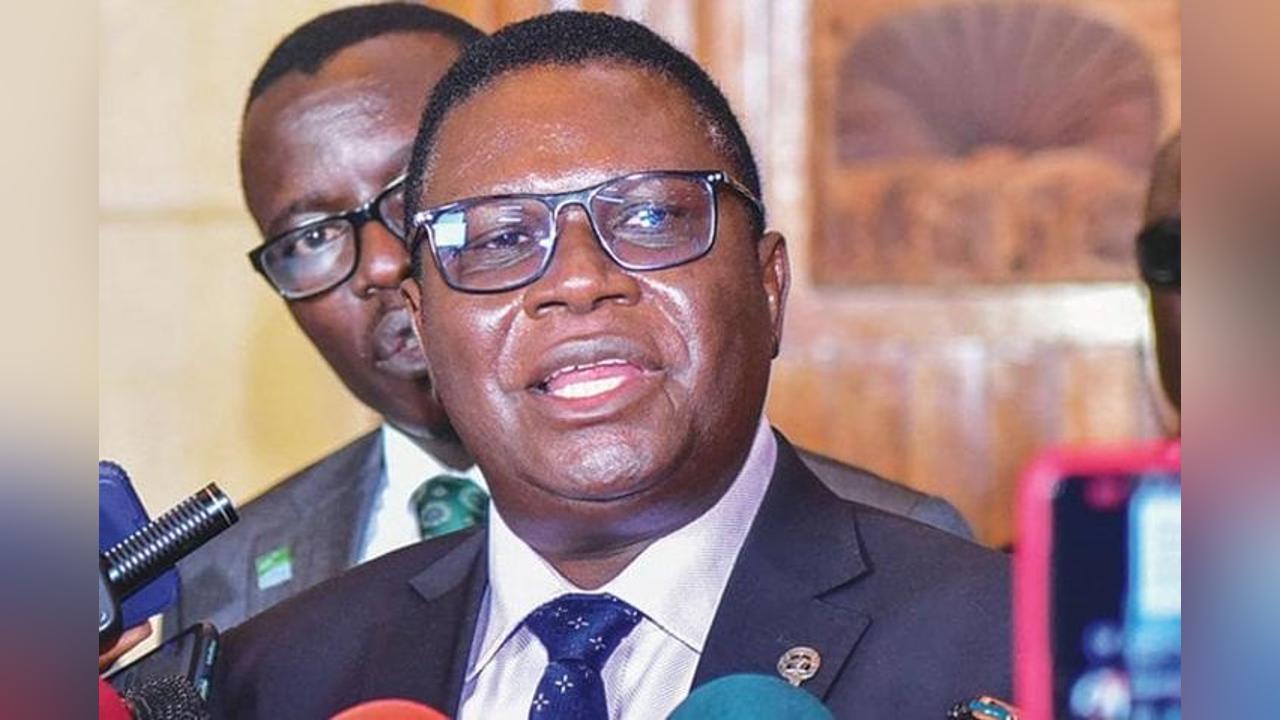Africa-Press – Uganda. Uganda’s democratic journey has long been punctuated by calls for meaningful electoral reforms. At the heart of these conversations is Justice and Constitutional Affairs Minister, Norbert Mao, who insists that reforms are not just about rewriting laws but reshaping Uganda’s political culture.
“I believe in electoral reforms,” Mao emphasized, “but if we do not change our political culture—where we respect each other and accept that we can agree to disagree—no matter the reforms, the problems will persist.”
Mao argues that Uganda’s electoral laws are “largely okay.” What he believes is missing is the political will to adopt proposals already on the table.
As leader of the Democratic Party, he has consistently pushed for proportional representation a reform he says would solve the “blotted Parliament” problem, where MPs can enter office with less than 30% of the vote simply because of a crowded field of candidates.
Despite his passion, Mao acknowledges the limitations of his role. “I am not a dictator. I don’t run the government alone,” he explained, rejecting the idea that he has the power to “switch on or off” electoral reforms.
The executive, led by the President, has the final say. Mao notes that even crucial proposals such as proportional representation were shelved “by none other than the President himself.” Still, he maintains that advocating for reforms, not “hyping” them, remains his duty.
When pressed on whether he feels frustrated that his efforts have not borne fruit ahead of the 2026 elections, Mao was candid: “If people like you had been solidly behind me instead of spending a lot of time abusing me, even the government would have been persuaded. If you talk as if my efforts are not useful, you weaken my arm inside the government.”
Mao has also faced criticism over promises on political prisoners, national dialogue, and constitutional reforms. Asked whether Ugandans were fed “hot air,” Mao pushed back, saying he never made commitments beyond his office’s mandate. On prisoners, Mao said progress has been made: “The vast majority [of the mentally ill in jail] are out. For the so-called political prisoners, we began pushing for their release even before I became minister.”
He admits, however, that some expectations exceeded what he could deliver alone: “The promises are by two parties. When you have an agreement, you work towards it. But I’m very proud to be the person who sparked debate about national dialogue, reconciliation, constitutional reforms, and transition. That is the agenda everyone is talking about now.”
For Mao, success is not just about immediate results but about setting the national agenda. He sees himself as a mobilizer of ideas—sometimes misunderstood, sometimes ignored, but persistent.
“I wish I was not preaching to people who are deliberately deaf. They hear but don’t want to appreciate. But I will not give up.”
For More News And Analysis About Uganda Follow Africa-Press






